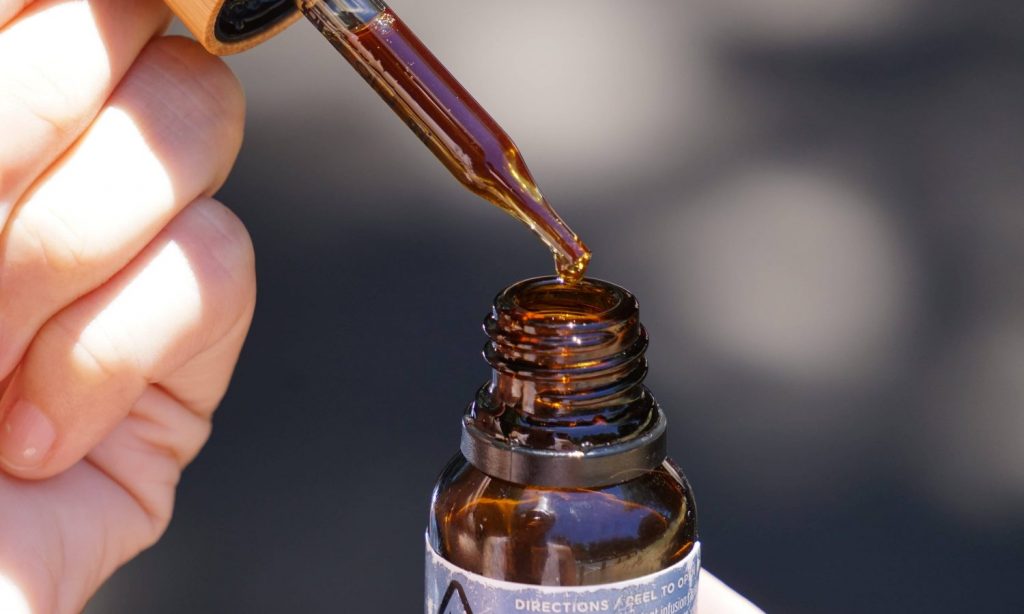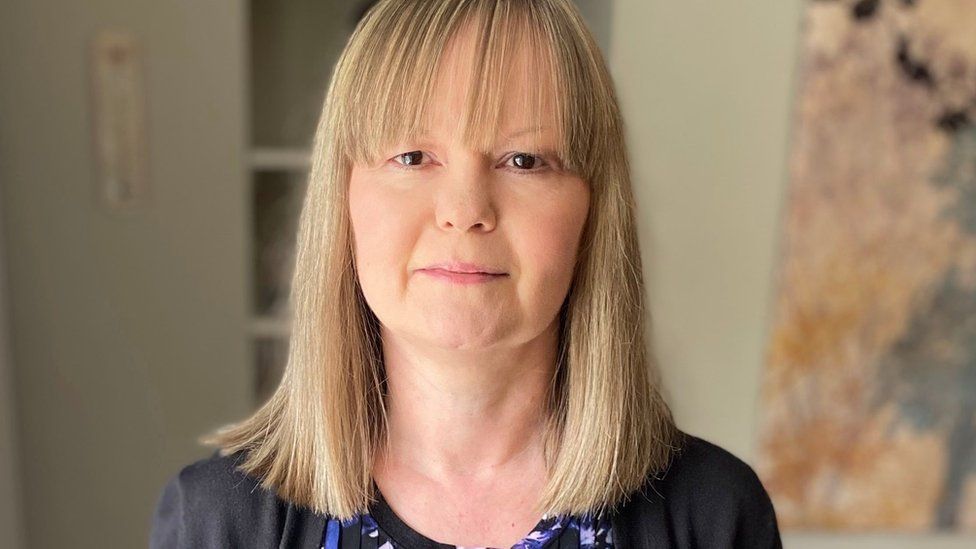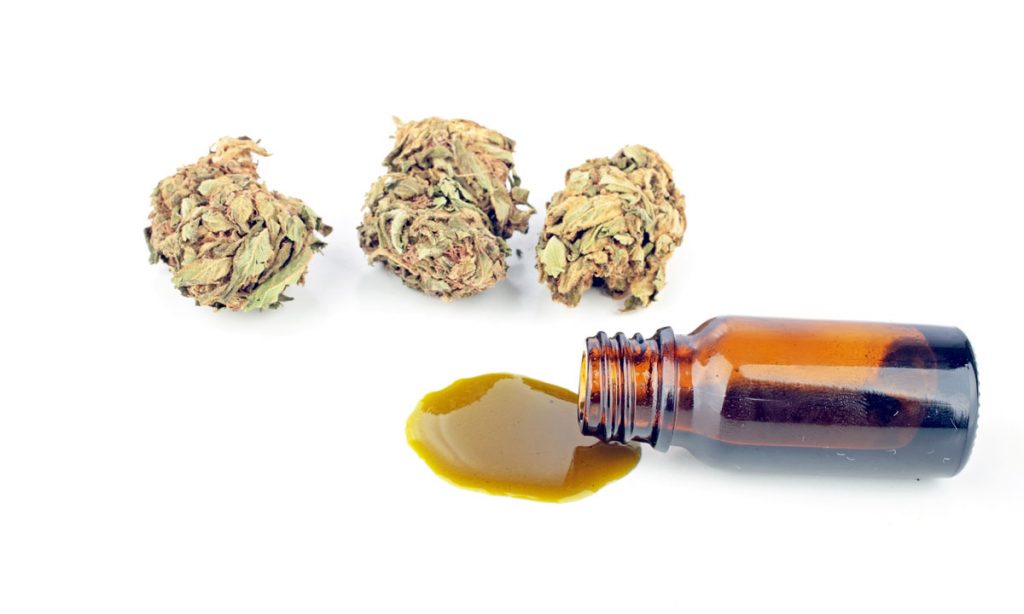In recent years, the number of states that have approved cannabis for both medicinal and recreational use has grown substantially. Yet many doctors are still reluctant to endorse cannabis as a treatment for various ailments — and with good reason.
One group, the International Association for the Study of Pain (IASP), issued a statement in February 2021 saying, “There is not enough high-quality human clinical safety and efficacy evidence to allow IASP to endorse the general use of cannabis and cannabinoids for pain at this time.”
To get a better understanding of why the IASP issued the statement and what the group is looking for in the future, we spoke to psychologist Judith Scheman, PhD.
Who is the IASP and what did they do?
Made up of over 7,000 pain specialists from 125 countries, the IASP is the primary organization for pain specialists in the world. “The IASP is very interested in finding the best and safest way of helping patients manage pain,” says Dr. Scheman.
As the availability of cannabis increased thanks to legalization efforts, the IASP recognized the need to assess the risks and benefits of using it to treat pain. A systematic overview of cannabis and cannabinoids was especially important in light of the opioid epidemic of the last few decades.








